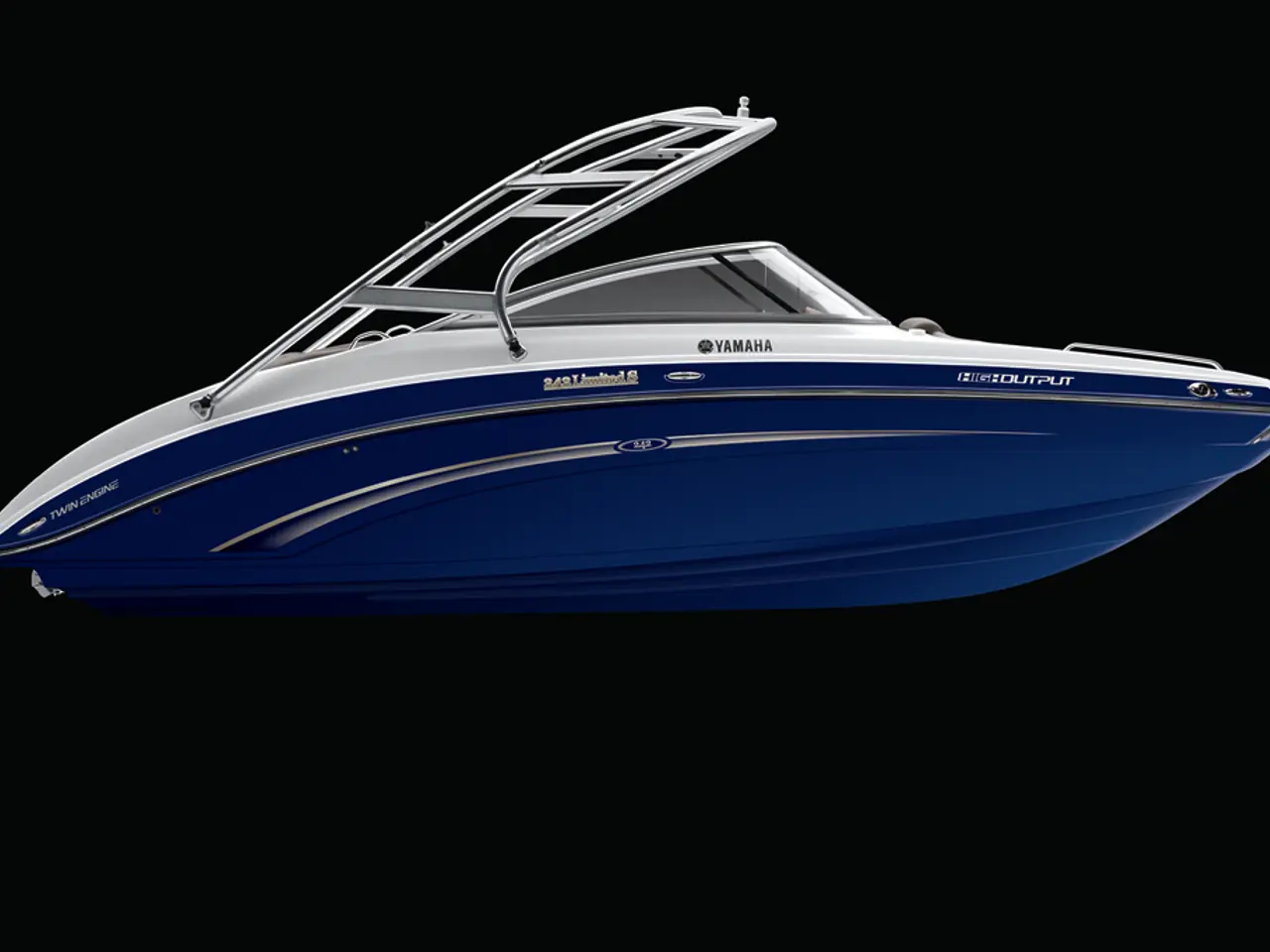Nok's significance may dwindle in the future
The Initiative Kiel-Canal (IKC) and the Nautical Association of Kiel (NVzK) have voiced their serious concerns about the medium and long-term prospects of the Kiel Canal, a vital sea waterway for German imports and exports, in a joint letter to the Federal Ministry of Transport.
These concerns primarily revolve around the canal's infrastructure, safety, and modernization efforts. The organizations argue that the canal requires urgent maintenance and upgrading to handle modern shipping demands and ensure navigational safety for the increasing traffic volume, including large military and commercial vessels.
Jens Broder Knudsen, chairman of IKC, stated that the Kiel Canal, crucial for German imports and exports, is losing its appeal for users. The organizations' criticism includes worries about the canal's capacity, lock functionality, and overall operational efficiency, which they believe are not being adequately addressed by the responsible authorities.
The Kiel Canal, approximately 100 kilometers long, is the world's busiest artificial waterway. However, its status as such is under threat, according to the maritime organizations. If proper investment and development are not made, the canal risks becoming obsolete or insufficient in meeting the technical and logistical requirements of contemporary maritime traffic.
The critiques also touch on environmental impacts and the need to balance economic usage with ecological preservation in the canal’s operations. These concerns are not unique to the Kiel Canal, as similar issues have been raised for other major canals like the Panama and Suez canals, which have faced operational and security challenges.
While the General Directorate of Waterways and Shipping in Bonn describes the Kiel Canal as relatively stable, the maritime organizations IKC and NVzK find its condition and development to be critical. They have presented their concerns in a joint letter to the Federal Ministry of Transport, urging immediate action to secure the future of this crucial sea waterway.
The Kiel Canal, a significant route for German trade, connects the North Sea and the Baltic Sea, making it an essential link in the country's maritime infrastructure. Its strategic importance is underscored by the presence of large naval vessels like the Indian Navy’s Talwar-class frigate INS Talmal in Kiel Locks.
The maritime organizations' concerns highlight the need for ongoing development to support such traffic safely and efficiently, ensuring the Kiel Canal remains a vital artery for German imports and exports in the face of increasing shipping demands and evolving maritime challenges.
- To safeguard the Kiel Canal's status as a vital artery for German finance, industry, and business, it is essential to address the concerns about its infrastructure, safety, and modernization raised by the Initiative Kiel-Canal and the Nautical Association of Kiel.
- The maritime organizations' criticism of the Kiel Canal's capacity, lock functionality, and operational efficiency has implications not only for the canal's transportation activities but also for the overall health of Germany's economy, particularly in sectors reliant on imports and exports.




